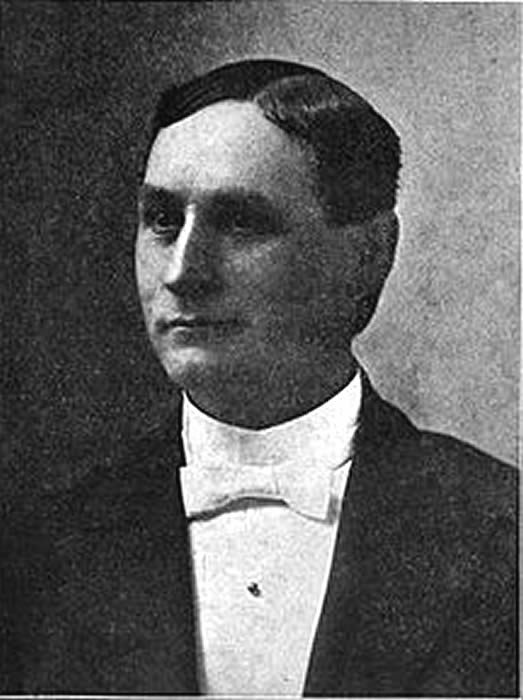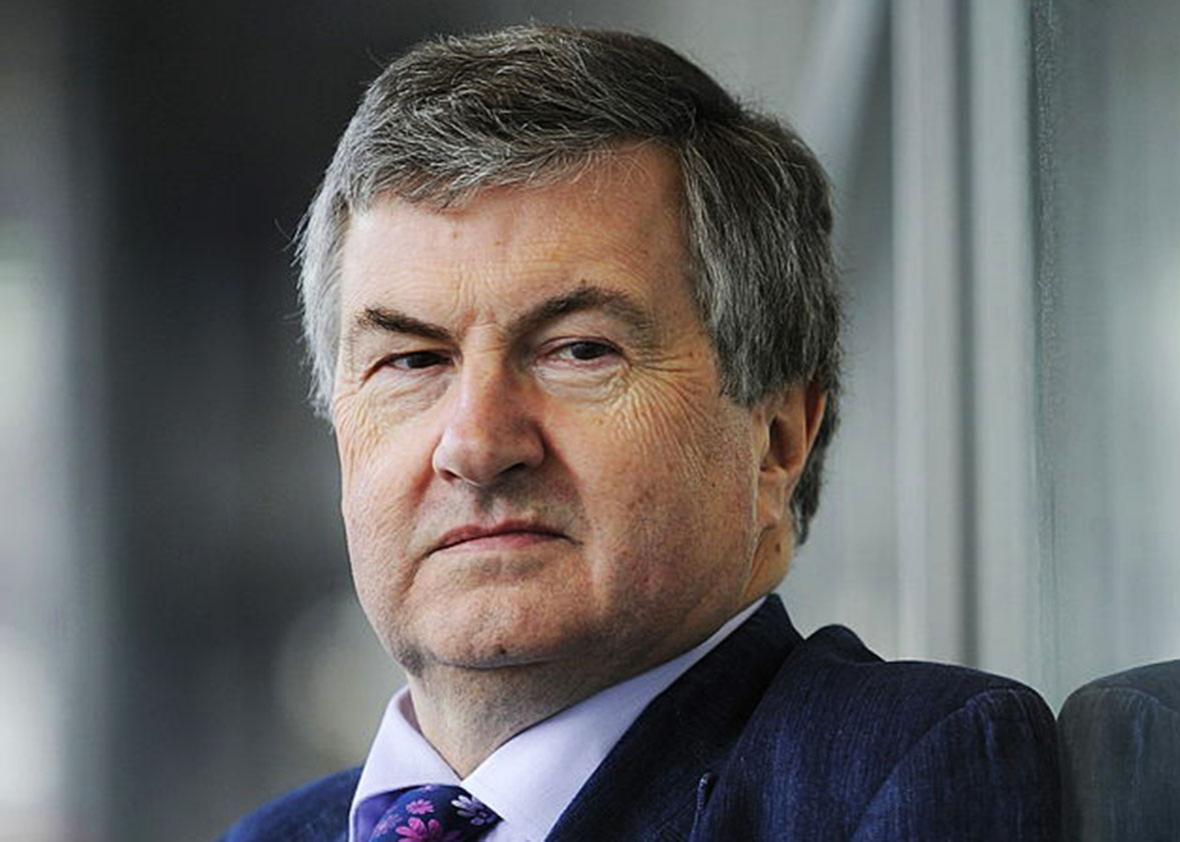

See the account of the ‘discussion’ in Cambridge University Reporter 96 (1965–66), pp. Thompson, The Making of the English Working Class (London: Victor Gollancz, 1963). Hobsbawm, Primitive Rebels (Manchester: Manchester University Press, 1958)Īnd E.P.

Carr’s Success Story’, Encounter, May 1962, pp. 146 Isaiah Berlin, ‘Mr Carr’s Big Battalions’, New Statesman, 5 January 1962, pp. Carr: A Critical Appraisal (Basingstoke: Palgrave, 2000), pp. Carr, ‘An Autobiography’ (1989), in Michael Cox (ed.), E.H. Jonathan Haslam, The Vices of Integrity: E.H. I: The Bolshevik Revolution, I (London: Macmillan, 1950), pp. Carr, ‘History and Morals’, Times Literary Supplement, 17 December 1954, distinguishing between history and chronicle.Į.H. Evans) (Basingstoke: Palgrave, 2001), pp. Carr, What is History? (40th anniversary edition, with a new Introduction by Richard J. This process is experimental and the keywords may be updated as the learning algorithm improves.Į.H.

These keywords were added by machine and not by the authors. But the really important part of the historian’s work lay in the edifice of explanation and interpretation which was erected on this foundation. It was the foundation on which everything else rested. Of course, Carr conceded, establishing that something happened was an important part of the historian’s work.

The chronicler was content to show that one thing followed another the historian had to demonstrate that one thing caused another. Chronicle, on the other hand, was the mere cataloguing of events without any attempt to make connections between them. History was an attempt to understand and interpret the past, to explain the causes and origins of things in intelligible terms. He began by making a distinction between history and chronicle. In the course of his Trevelyan lectures, delivered in Cambridge, broadcast on BBC radio, and printed in a book that has since sold over a quarter of a million copies worldwide, Carr sought to answer this question in a number of ways.


 0 kommentar(er)
0 kommentar(er)
